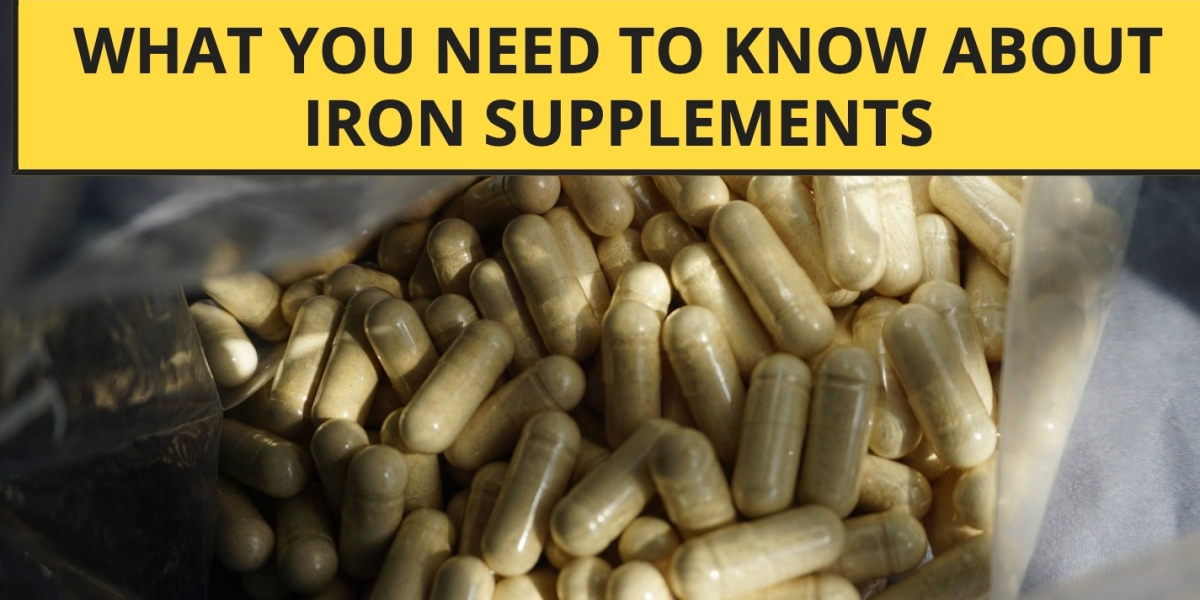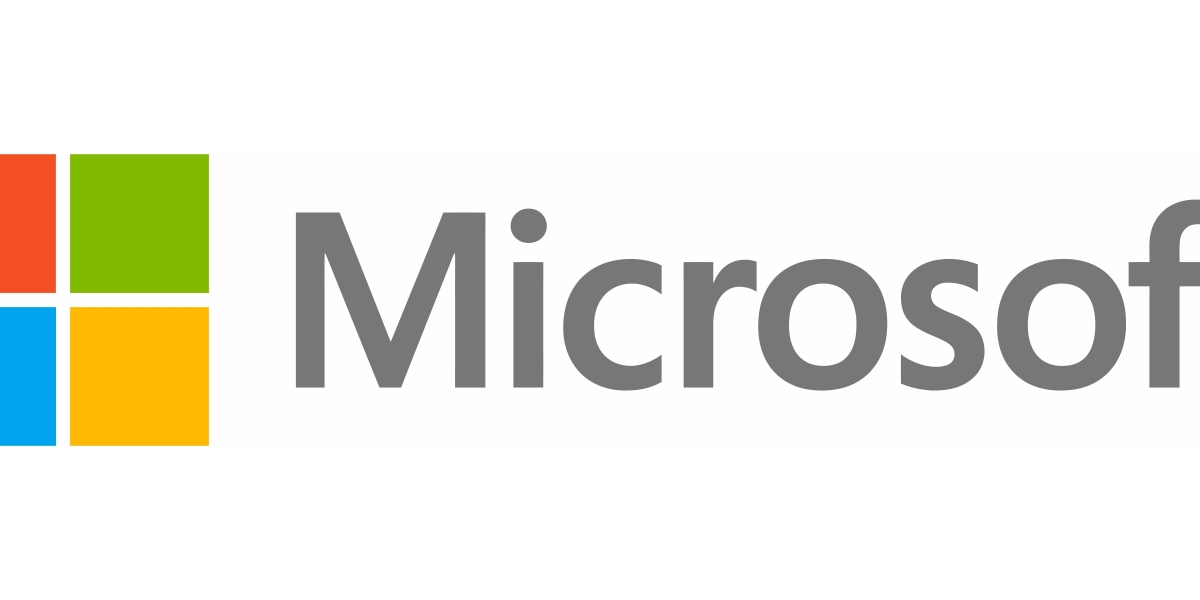Introduction to Iron Supplements
Iron is an essential mineral crucial to our body's functionality. It's a component of hemoglobin responsible for transporting oxygen from the lungs to the rest of the body. Iron deficiency can lead to anemia, characterized by fatigue, weakness, and other health issues. Iron tablet are widely used to prevent or treat iron deficiency anemia. In this article, we will delve into the importance of iron, the benefits of iron supplements, and everything you need to know about incorporating them into your health regimen.
The Importance of Iron in the Body
Iron is vital for maintaining healthy blood cells, supporting metabolism, and promoting proper growth and development. It is involved in various bodily functions, including:-
- Oxygen Transport:- Iron is a critical component of hemoglobin, the protein in red blood cells that carries oxygen from the lungs to tissues and organs throughout the body.
- Energy Production:- Iron plays a role in converting nutrients into energy, making it essential for maintaining physical stamina and cognitive function.
- Immune Function:- Adequate iron levels support a healthy immune system, helping the body fight infections and illnesses.
- Cellular Health:- Iron is necessary for the production of DNA, the growth of cells, and the repair of tissues.
Who Needs Iron Supplements?
Iron supplements are particularly beneficial for certain groups of people who are at a higher risk of iron deficiency, including:
- Pregnant Women:- Pregnancy increases the body's need for iron to support the growing fetus and placenta.
- Women with Heavy Menstrual Periods:- Menstrual bleeding can lead to significant iron loss.
- Infants and Young Children:- Rapid growth during infancy and childhood increases iron requirements.
- Vegetarians and Vegans:- Plant-based diets may lack sufficient heme iron, the type of iron found in animal products.
- Individuals with Chronic Conditions:- Conditions like chronic kidney disease, gastrointestinal disorders, or cancer can interfere with iron absorption and increase the risk of deficiency.
Types of Iron Supplements
There are two main types of iron supplements available:
- Ferrous Sulfate:- The most commonly used iron supplement, known for its high bioavailability. It is effective but may cause gastrointestinal side effects like constipation or nausea.
- Ferric Iron:- Less commonly used due to its lower bioavailability, but it can be a good option for those who experience side effects with ferrous sulfate.
How to Take Iron Supplements Effectively
To maximize the benefits of iron supplements and minimize potential side effects, follow these guidelines:
- Take on an Empty Stomach:- Iron is best absorbed on an empty stomach. However, if it causes stomach upset, it can be taken with a small amount of food.
- Avoid Certain Foods and Drinks:- Calcium, coffee, tea, and high-fiber foods can interfere with iron absorption. Avoid consuming these at the same time as your supplement.
- Pair with Vitamin C:- Vitamin C enhances iron absorption. Consider taking your supplement with a source of vitamin C, such as orange juice or a vitamin C tablet.
- Follow the Recommended Dosage:- Stick to the dosage prescribed by your healthcare provider to avoid iron overload, which can be harmful.
Potential Side Effects and Precautions
While iron supplements are generally safe, they can cause side effects in some individuals. Common side effects include:
- Gastrointestinal Issues:- Constipation, diarrhea, nausea, and stomach cramps are common, especially with high doses of ferrous sulfate.
- Dark Stools:- Iron supplements can cause stools to appear dark or black, which is harmless but can be alarming if unexpected.
- Allergic Reactions:- Though rare, some people may experience allergic reactions to iron supplements, such as rash, itching, or swelling.
To minimize side effects, start with a lower dose and gradually increase it as tolerated. Consult your healthcare provider for alternative options or formulations if side effects persist.
Iron Supplementation and Diet
While supplements are beneficial, including iron-rich foods in your diet is also important. These foods can help maintain healthy iron levels naturally:
- Red Meat:- Beef, lamb, and pork are excellent sources of heme iron, which is easily absorbed by the body.
- Poultry and Fish:- Chicken, turkey, and fish provide reasonable amounts of heme iron.
- Leafy Green Vegetables:- Spinach, kale, and Swiss chard are rich in non-heme iron.
- Legumes and Beans:- Lentils, chickpeas, and kidney beans are good plant-based sources of iron.
- Fortified Foods:- Some cereals, bread, and pasta are fortified with iron.
Iron Overload: Risks and Management
While iron deficiency is common, iron overload can also occur, particularly in individuals taking high doses of supplements without medical supervision. Symptoms of iron overload include:
- Fatigue and Weakness:- Excess iron can cause fatigue and muscle weakness.
- Joint Pain:- Iron deposits in the joints can lead to arthritis-like symptoms.
- Organ Damage:- Prolonged iron overload can damage vital organs, including the liver and heart.
If you suspect iron overload, seek medical advice immediately. Treatment may involve reducing iron intake, phlebotomy (removal of blood), or chelation therapy to remove excess iron from the body.
Conclusion
Iron supplements are valuable for preventing and treating iron deficiency anemia, especially for those at higher risk. Understanding the types of supplements available, how to take them effectively, and the potential side effects can help you make informed decisions about your health. Always consult a healthcare provider before starting any new supplement regimen to ensure it meets your needs.








